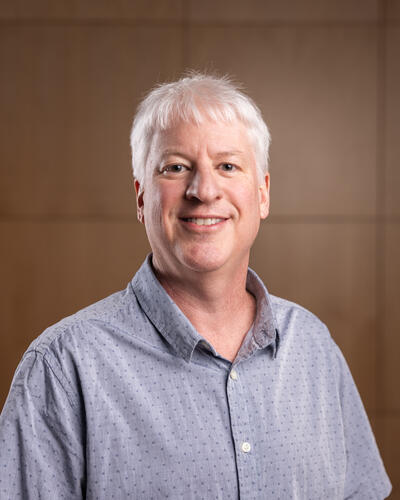Jim Kernan has been a member of the Geneseo faculty since 2005.

Curriculum Vitae
Education
PhD - West Virginia University
MS - Shippensburg University
BS - Mansfield University
Affiliations
Association of American Geographers (AAG)
Council for Undergraduate Research (CUR)
Native plants, conservation, land-use history
- Biogeography
- GIS
- wildfire
- forest ecosystem
- biodiversity
Classes
-
GEOG 111: Physical Geography
A summary course in Physical Geography: the principles of geographic location, weather, climate, land forms, natural hazards, soils, and biota are presented in the context of an integrated Earth systems framework, addressing relationships to human populations.
-
GEOG 112: Physical Geography Lab
An introductory laboratory in physical geography. Activities involve data collection, organization and analysis, map analysis, and inquiry into Earth-Sun relations, weather and climate, landforms, natural hazards, soils and biota.
Classes
-
GEOG 111: Physical Geography
A summary course in Physical Geography: the principles of geographic location, weather, climate, land forms, natural hazards, soils, and biota are presented in the context of an integrated Earth systems framework, addressing relationships to human populations.
-
GEOG 112: Physical Geography Lab
An introductory laboratory in physical geography. Activities involve data collection, organization and analysis, map analysis, and inquiry into Earth-Sun relations, weather and climate, landforms, natural hazards, soils and biota.